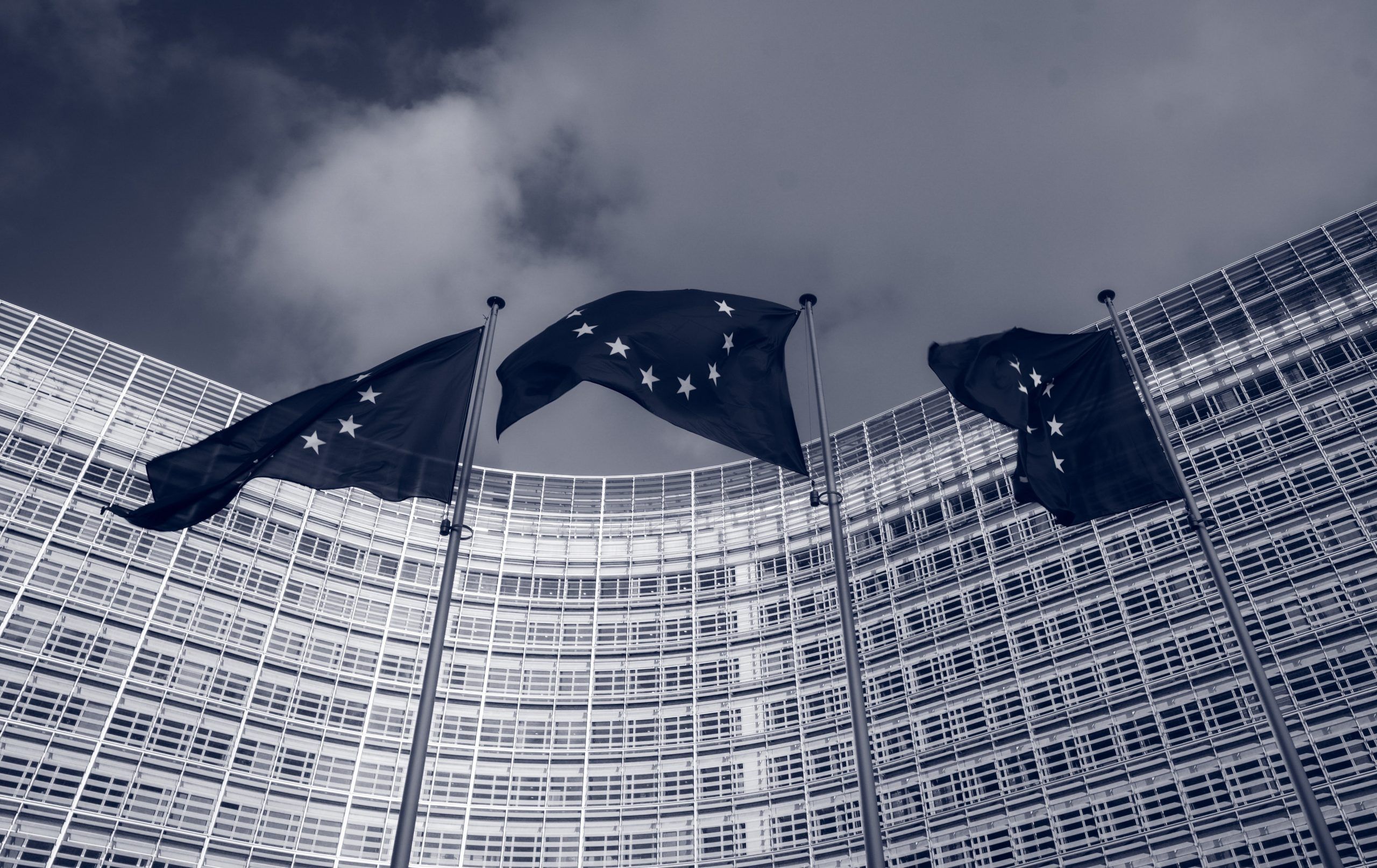Each year the General Secretariat of the Council offers three types of traineeships: paid, unpaid compulsary and paid places reserved for trainees with a disability.
Trainees will be attached to a department and work as part of the team to which they are assigned. The tasks of the trainees include attending meetings, drafting minutes and carrying out preparatory work or research on a particular subject.
1. PAID TRAINEESHIPS
Each year the General Secretariat of the Council offers some 100 paid traineeships lasting 5 months.
Selection Criteria
– nationals of one of the Member States of the European Union;
– citizens from candidate countries that have concluded EU accession negotiations;
– applicants have a thorough knowledge of one of the official languages of the EU and satisfactory knowledge of another of these languages. In practice, knowledge of at least French or English is necessary;
– candidates have completed by the deadline for the lodging of the applications at least the first cycle of a course of university studies validated by a certificate. The majority of applications currently come from candidates with qualifications in law, political science, international relations, EU studies and economics.
The General Secretariat of the Council is also looking for trainees with qualifications in other fields, such as: translation, human resources, communication, education studies, computer sciences, graphic design, multimedia, agricultural technology, biochemical engineering, health and food safety, energy management, environment, aerospace engineering.
Who can’t apply
– applicants who have not already who have already benefited from any kind of training (paid or unpaid) or employment for more than 6 weeks within an EU institution, body, agency or office.
Paid trainees receive a monthly traineeship grant, a canteen card, accident insurance coverage and a contribution towards the travel expenses from the place of recruitment to Brussels.
The grant awarded is decided every year.
There are two five-month traineeship periods, as follows:
– 1 February to 30 June
– 1 September to 31 January
Deadline
– 27 September 2022, 12:00 pm, CET.
Read more here.
2. COMPULSORY UNPAID TRAINEESHIPS
Unpaid traineeships are offered to third, fourth or fifth-year students who are required to complete a compulsory training period as part of their studies.
Selection Criteria
any national of the EU Member States or a State that is a candidate for accession
who is a third, fourth or fifth-year student (or equivalent) of a higher-education establishment or university which requires such a period of training to be undertaken as part of the course of study or for access to a profession, or who is required to do research for a thesis or doctorate.
applicants have a thorough knowledge of one of the official languages of the EU and satisfactory knowledge of another of these languages. In practice, knowledge of at least French or English is necessary
applicants who have not already undergone an in-service training in another European institution
Traineeships are split into 2 different periods, each lasting from 2 to 5 months:
– 1 February to 30 June (first period);
– 1 September to 31 January (second period).
Compulsory trainees receive the travel allowance, the accident insurance coverage and a canteen card.
Deadline
– 27 September 2022, 12:00 pm, CET.
Read more here.
3. TRAINEESHIPS FOR STUDENTS OF NATIONAL ADMINISTRATION SCHOOLS
This programme is intended for students of national administration schools. Traineeships are split into 2 different periods, each lasting from 2 to 5 months:
- 1 February to 30 June
- 1 September to 31 January
The starting date shall be decided by mutual agreement by the GSC and the national administration school concerned.
Selection Criteria
The candidate shall be enrolled with a national administration school of:
- a member state
- or a candidate country that has signed the accession treaty
How to apply
Applications must be sent to the Traineeships Office by the candidates’ national administration school.
There is no online application form, please send an email to traineeships@consilium.europa.eu in order to receive more information.
Read more here.
4. POSITIVE ACTION PROGRAMME FOR TRAINEES WITH A DISABILITY
The General Secretariat of the Council (GSC) guarantees up to 6 paid traineeships a year to EU nationals with a recognised disability.
Candidates must have a university degree or be third year students (or equivalent) of a higher education establishment.
Traineeships take place in two periods, each lasting five months:
- 1 February to 30 June (first period)
- 1 September to 31 January (second period).
Deadline
– 27 September 2022, 12:00 pm, CET.
Read more here.







Leave a Reply